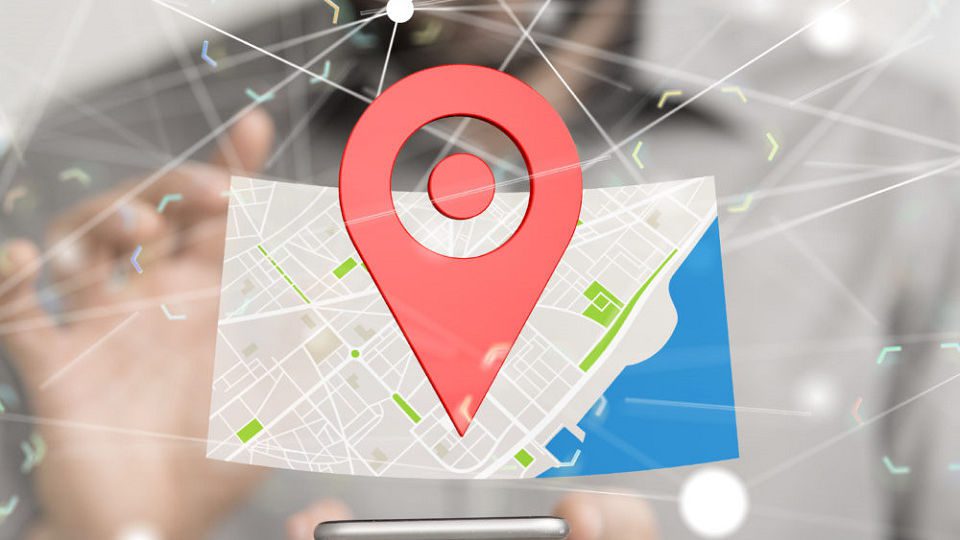 As modern retailers continue to push for technological solutions aimed at reaching customers and streamlining processes, many tech-savvy companies have taken to using location-based solutions (LBS). Whether it be beacon technology used for proximity marketing efforts or sensors used for tracking parcels/shipments through the supply chain, the industry has relied on existing location technologies, particularly GPS. Unfortunately, the current state of wireless location technology is inadequate for an industry where accurate and effective targeting is increasingly paramount.
As modern retailers continue to push for technological solutions aimed at reaching customers and streamlining processes, many tech-savvy companies have taken to using location-based solutions (LBS). Whether it be beacon technology used for proximity marketing efforts or sensors used for tracking parcels/shipments through the supply chain, the industry has relied on existing location technologies, particularly GPS. Unfortunately, the current state of wireless location technology is inadequate for an industry where accurate and effective targeting is increasingly paramount.
Though it is widely used for retail supply chains, GPS can be unreliable as there are accuracy issues when pinpointing objects, with a margin of error of about 14 feet. The margin of error increases in bad weather or when used indoors, where GPS can only provide a rough position estimate at best. As for indoor tracking, there are a variety of solutions that brick-and-mortar stores use, (Bluetooth, WiFi positioning systems, etc.). These, however, are not ubiquitous, have accuracy limitations and worst of all, present a threat to customers’ personal data.
What advances in location-based technology will the retail industry see in 2020 and beyond?
5G And Ubiquity
With the adoption of 5G in America, location tracking will be more accurate and ubiquitous. 5G will bring wireless coverage to areas of the country that are not currently extensively covered by WiFi, which means that LBS can be deployed on a new national infrastructure. The utilization of this new infrastructure will have a dramatic effect on retailers’ Chain of Custody, enabling companies to guarantee where parcels and products are from the moment they leave a factory until they are delivered to customers. This means a drastic decrease in lost packaged goods/retail items, eventually bringing the chain of custody lost rate to almost zero.
Accuracy
With advanced, precise LBS, retailers can determine where customers might be standing while browsing through a store, in addition to their behavior and intentions via accurate indoor tracking. LBS accurately tracks location in real time within a foot and a half. Retailers can use this technology to determine customer shopping patterns — what items/signs/shelves are attracting their attention, as well as how much time individual customers are spending in-store vs. other customers who are shopping at the same time.
With this data, retailers can serve customers with targeted marketing messages, or optimize store layouts based on what customers are really looking for. This technique can also be applied to assist store staff, as retailers would be able to understand foot traffic patterns, and management could better predict future customer scenarios and employee needs.
This high level of accuracy also applies to asset tracking, specifically in large warehouses and parking lots. Employees at a fulfillment warehouse can lose precious time searching for a specific product amongst potentially hundreds of thousands of them. Car salespeople also can run up against this same issue in attempting to locate a specific white sedan amongst 5,000 white sedans in the same lot. With sensors and real-time, precise tracking, utilizing LBS will make it easy for retailers and employees to manage their assets.
Passive And Non-Invasive
Privacy concerns are at the forefront of everyone’s minds, and retail environments are no different. In both the storefront and the backend, retailers need to balance customers’ and employees’ privacy needs while adopting new technology to create a customer-centered shopping experience. Precision location technology (collected via a mobile device’s MAC address) that does not reveal personal data is necessary for preserving employee and customer privacy.
Power Usage
Precise LBS will help retailers keep track of any asset or parcel, 24/7, over long distances during a long period of time, via cost-effective small chip sensors that can be added to any part of an asset. Advanced LBS doesn’t require much energy, as power usage is roughly 10% of what GPS uses (due to more efficient data usage and cloud communication). This enables retailers to reduce loss with complete supervision over their products, from the moment they leave the factory until they reach the consumer.
Though retailers are currently reliant on tracking technologies such as GPS, WiFi (Wide Area Network) tracking and Bluetooth-enabled beacons to reach and understand their customers, a new wave of LBS solutions will evolve to better meet these needs. Retailers will soon take advantage of LBS’ next-generation capabilities to improve tracking like never before, without the need for expensive new hardware, platforms or costly upgrades — ushering in a new future of retail.
Gideon Rottem is the CEO and Co-Founder of Deeyook, an early-stage company that has developed a patented tracking solution that measures the angles of wireless transmissions, which determine both indoor and outdoor positions of items, assets and employees. Rottem has over 20 years of experience in leading technology companies in the wireless industry, including CEO at Lucid Voice, Founder & CEO at Extricom and CEO at Allied Telesis Wireless.




